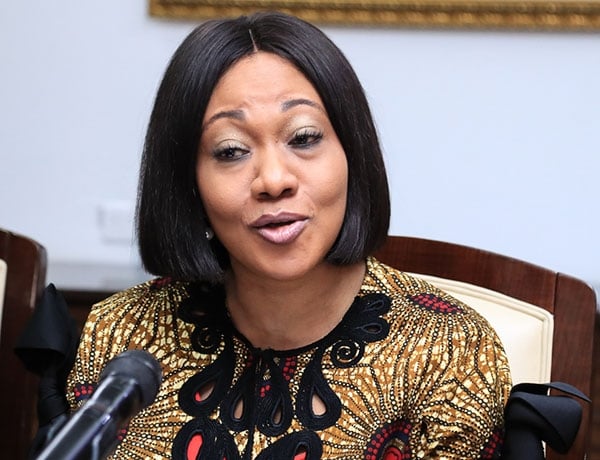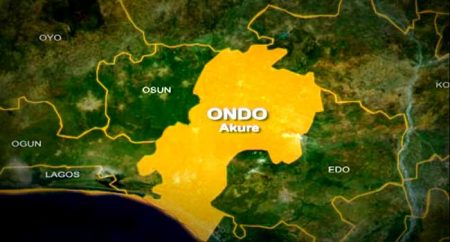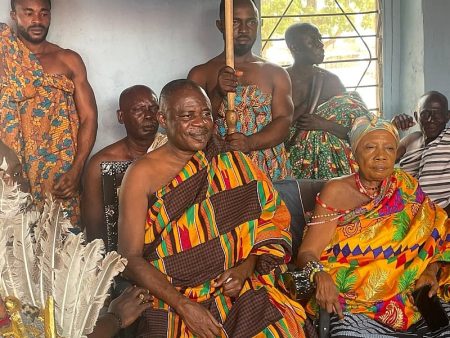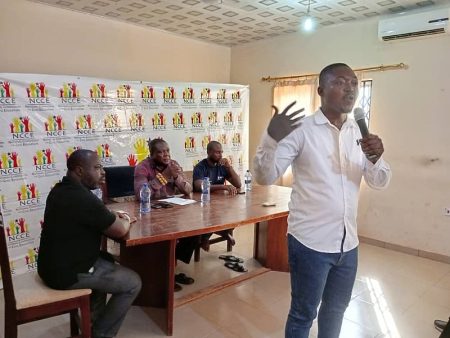The Electoral Commission (EC) of Ghana has made notable strides toward enhancing transparency within the electoral process by permitting journalists to observe the ballot printing procedures across three designated facilities: Inolink Printing Limited, Buck Press, and Acts Commercial. This initiative is particularly timely as the country prepares for the upcoming general elections scheduled for December 7. Dr. Benjamin Bannor-Bio, the EC’s Director of Electoral Services, underscored that the move aims to build public confidence in the electoral process and to affirm the EC’s dedication to maintaining an open and secure election framework.
As noted by Dr. Bannor-Bio, the current focus is exclusively on printing parliamentary ballots, with the production of presidential ballots facing a temporary ten-day suspension due to the recent passing of Akua Donkor, the flagbearer of the Ghana Freedom Party. Emphasizing the importance of transparency, he stated, “When we say transparency and accountability are in motion, we don’t just say it but we mean it,” showcasing the EC’s resolve to offer a visible and accountable electoral procedure to the populace. This transparent approach is crucial for fostering trust among Ghana’s citizens, especially in the context of recent historical challenges to electoral integrity.
Furthermore, Dr. Bannor-Bio highlighted that Ghana’s Electoral Commission is one of the few in the West African region that undertakes the ballot printing process within the country itself. Buck Press, specifically, plays a significant role in this operation, producing ballots for various regions, including Ashanti, Oti, Savannah, and Central. This localized printing process enhances not only the logistical efficiency of election preparations but also reinforces the integrity of the ballots by allowing for greater oversight and accountability.
The presence of political party representatives during the ballot printing process is another critical feature that reinforces the EC’s commitment to transparency. These representatives participate actively at every stage, ensuring that details like serial numbers and the quantities of ballots corresponding to specific constituencies are verified. Dr. Bannor-Bio emphasized the collaborative nature of this effort, asserting that the printing of ballots is conducted in an open environment, allowing both the public and political stakeholders to witness the process firsthand. This degree of oversight mitigates potential allegations of malpractice or irregularities in the electoral process.
In addition to the live monitoring, political party agents not only verify the ballots but also apply their own seals to the printed batches. This aspect of the process serves to maintain their independent records parallel to those kept by the Electoral Commission. By implementing such thorough procedures, the EC promotes an environment of shared responsibility and diligent verification, ensuring that no aspect of the ballot printing is shrouded in secrecy. This scrutiny is vital in upholding the democratic principles that guide Ghana’s electoral system.
Ultimately, the EC’s initiative to open up the ballot printing process to journalists and political party agents is a significant step forward in fostering trust and transparency within the electoral process. By actively involving multiple stakeholders, the Commission is not only showcasing its commitment to integrity but is also actively engaging the public in the democratic process. As Ghana gears up for its December 7 elections, the steps taken by the EC are designed to reassure the electorate about the credibility of the electoral system and the safeguards in place to protect it, thus laying a foundation for a fair and accountable political environment.














